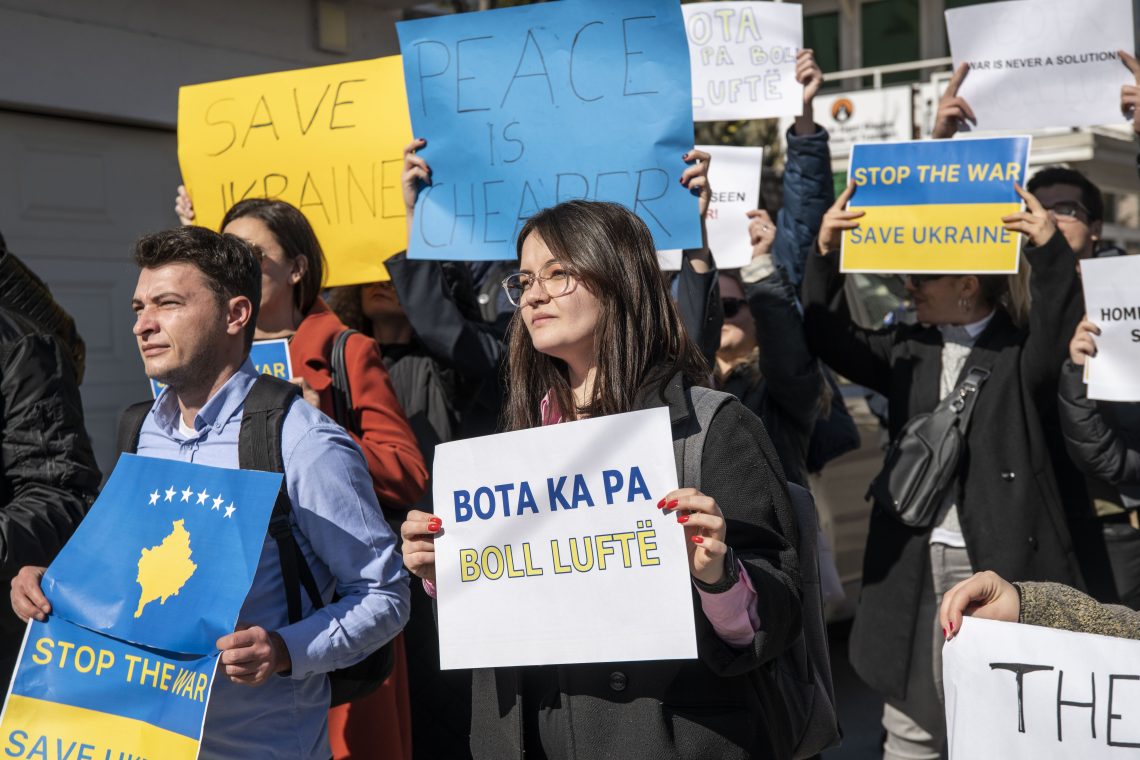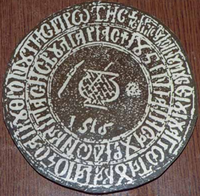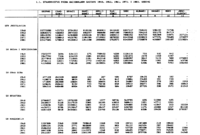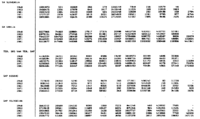Scenarios
Russia’s invasion of Ukraine is the latest challenge to a post-Cold War order that was supposed to ensure that such wars of conquest in Europe no longer occurred. The consequences are being taken seriously in the Balkans.
The region already has an East-West split between the pro-Russian camp embodied by Serbia and Republika Srpska in Bosnia and Herzegovina, and the pro-Western countries of Albania, Kosovo and North Macedonia.
Montenegro, a NATO member with a pro-Western president, Milo Dukanovic, has a government crisis and a large pro-Russian Serbian community there. A minority government will likely be formed, but the country will go into new elections.
Also, new presidential elections in Serbia are scheduled for April 3, and their result will have an impact far beyond the country. President Vucic remains the favorite due to his absolute control of government and media. The West will likely advise him to remain resolutely on the Euroatlantic path, but he has been playing both sides. Expect the West to lose patience with this game and ask him to make a clear choice.
It is highly unlikely that Serbia will turn against Russia anytime soon, given the overwhelming popular support among Serbs, the strong links with the Russian Orthodox Church and economic dependence. More than half of its petrol industry is owned by Russian giants. Tellingly, Sputnik and other local media are financed by Russia. And two strong Kremlin allies have powerful positions in Serbia: Mr. Dacic, the parliament speaker, and Aleksandar Vulin in the government.
Russia will probably continue to spread its hybrid war against Western-oriented countries through Serbia, manipulating opinion with fake news and military propaganda, and using provocations in Bosnia and Herzegovina, Montenegro and Kosovo.
Republika Srpska earlier declared its aim to separate from the Federation of Bosnia and Herzegovina, and its leader, Milorad Dodik, could use the Russian invasion of Ukraine to realize that goal. It is not out of the question that Mr. Dodik will proclaim the independence of Republika Srpska and its 1.3 million people, following the example of Donetsk and Luhansk. Then it will ask for Russian “protection.” As a preventive step against this scenario, the EU sent an additional 500 troops to the EUFOR mission in Bosnia and Herzegovina.
Serbia is requesting that the same model of Republika Srpska be applied in Kosovo through “Zajednica” (also known as “the Association of Serbian Municipalities”), but the Constitutional Court of Kosovo declared it as unconstitutional. Nevertheless, Belgrade’s desire to push the issue is increasing tensions. The Kosovo Army and NATO mission in Kosovo will likely react promptly and will not allow larger destabilization. In neighboring Albania, U.S. special forces were deployed recently to prevent the destabilization of Kosovo and the Balkans. Due to these security threats, NATO might consider Kosovo membership in the alliance more seriously.
The EU will probably speed up accession negotiations with Albania and North Macedonia, with German Chancellor Olaf Scholz saying the EU should give a final answer to the region on integration. Mr. Borrell also signaled support, telling Radio Free Europe/Radio Liberty on March 14 that the
accession process for both nations should be accelerated.
The likeliest scenario is that the EU’s united voice against the Russian invasion in Ukraine will reignite momentum for EU enlargement, ending two decades of stagnation in the Western Balkans. The cost of a geostrategic vacuum is too great, as President Putin’s war has shown. However, the
Versailles Declaration, reached after an EU summit on March 11-12, notably did not promise to speed up enlargement talks, suggesting that Brussels still does not understand the regional security momentum.
The biggest post-Cold War EU enlargement took place in 2004. Now, in a situation that is similar to the Cold War, the time may be ripe to get serious about the accession of Balkan countries.










